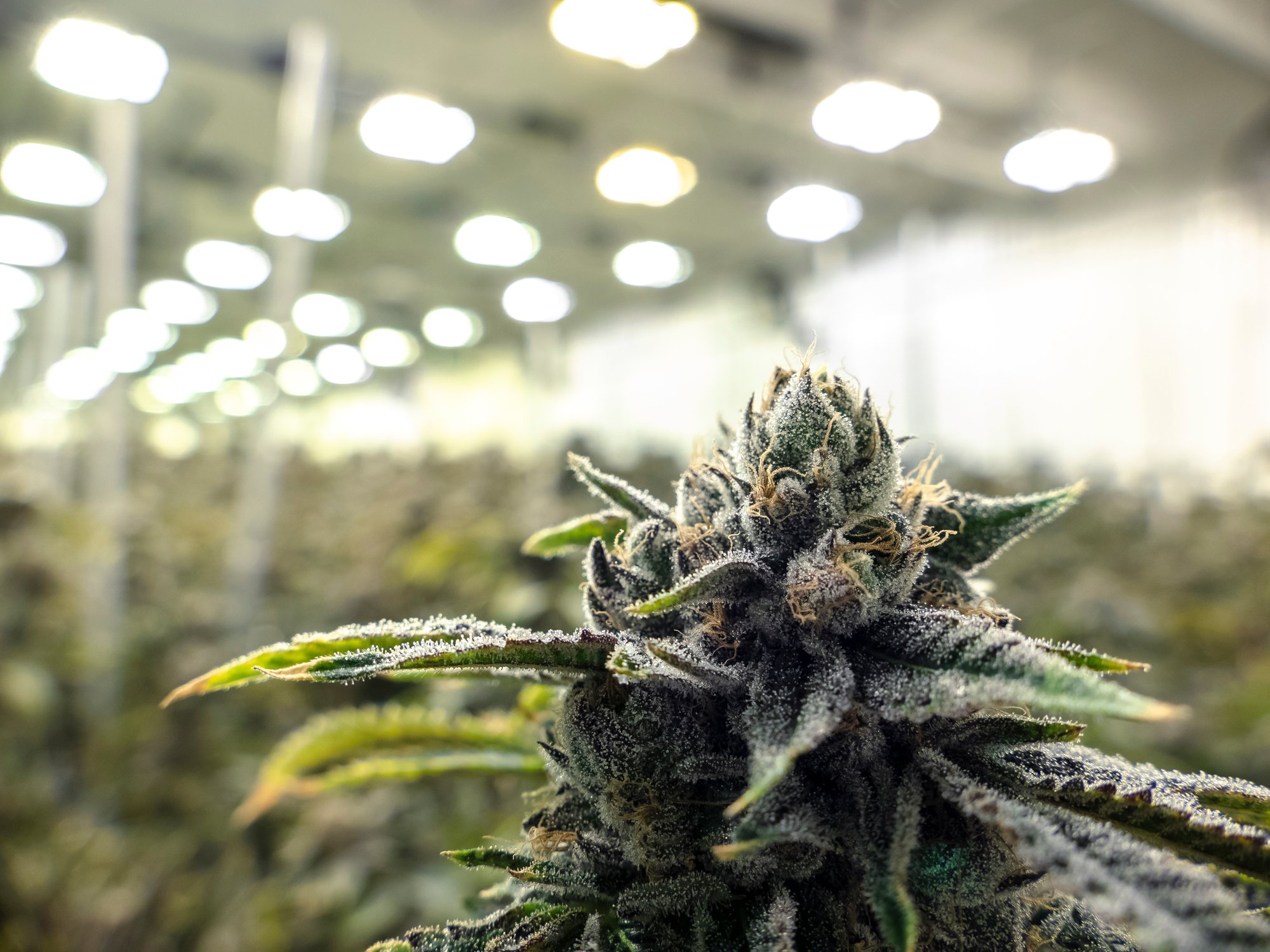Trulieve Cannabis (TCNNF +3.25%) has always been one of the top multistate operators in the U.S. Not only are its sales growing at impressive rates, but the company has managed this while generating profits, a rarity in the marijuana industry. The one knock against the company may be that it is too dependent on its home market of Florida. While it has expanded into other states, its footprint beyond the Sunshine State isn't too vast.
But last week, the company announced plans to acquire Harvest Health & Recreation (HRVSF +0.00%), a cannabis company with operations in multiple states, including Arizona, which recently legalized marijuana for recreational use. The move would instantly accelerate Trulieve's expansion across the country. Does the acquisition make this marijuana stock too attractive to pass up right now?

Image source: Getty Images.
Why the deal looks great
Investors will undoubtably be bullish about this deal; the combined business will be operating in 11 states and have 126 dispensaries across the country. Currently, Trulieve is licensed to operate in six states, and it opened its 87th dispensary (all but five of which are in Florida) on May 5. Although it has been dominating the Florida market and that has been working just fine for the company, to continue growing, Trulieve needs a presence in more markets. And this acquisition certainly achieves that.
Not only will the new business be in more states, but it will have leading positions in both Florida and Arizona. Arizona is where Harvest Health is based, with 15 locations there. And it wasted no time getting started, registering recreational sales in the state on Jan. 22 -- the first day the adult-use market opened for business.
The combined business will deliver an expected adjusted EBITDA in 2021 of $461 million, up from $266 million last year. And combined revenue for this year could top $1.2 billion.
Why investors might not love the deal
There aren't many reasons why this deal is bad for Trulieve. The biggest one may be the valuation. At $2.1 billion, the all-stock deal prices Harvest Health at a multiple of 7.6 times revenue. Prior to the announcement, Harvest Health was trading at a price-to-sales ratio of less than 5. Shares of the stock had also been tumbling of late, falling more than 20% from March through April (Trulieve was also declining, but down just 10% during those months). So investors could argue that if Trulieve had waited, it could have potentially paid a lower price for Harvest Health.
Investors also may have been wanting Trulieve to continue focusing on the Northeast markets, particularly New Jersey and New York -- two of the most recent states to pass recreational marijuana legislation, both of which could be among the most promising markets in the near future. The acquisition of Harvest Health could mean missing out on other potential opportunities. Columbia Care, for instance, has a similar market cap to Harvest Health and a presence in both New Jersey and New York. While the deal with Harvest Health doesn't mean Trulieve won't be involved in other transactions, another big deal like this seems unlikely for a company that hasn't been known for its wheeling and dealing in the past.
Should you invest in Trulieve?
If I were a Trulieve investor, I would definitely want to see the company make a deal that better positions itself in the Northeast, especially in Massachusetts (where the company has already expanded somewhat). Getting into New Jersey and New York would be a big bonus. However, there is a lot to like about the Harvest Health transaction, as the Arizona market is open for business today and Trulieve will start benefiting from sales there immediately (once the deal closes, which may not be until at least the third quarter, when Harvest shareholders vote on the transaction). New Jersey is potentially months away from its first recreational sale, while New York may not be ready until sometime next year. So there's definitely time to expand into those markets.
Overall, the positives significantly outweigh any negatives in this deal. Trulieve paid a premium for Harvest Health but it may have been worth it; Arizona's pot market generated over $1 billion in cannabis revenue last year, putting it among the top 10 states in the country, just a few hundred thousand dollars shy of No. 3 Florida and its $1.2 billion. Recreational sales will make Arizona an even hotter market now that sales have begun. In Florida, consumers may be waiting awhile before they can buy recreational products; the state's supreme court recently blocked a possible ballot measure that, if successful, could have led to the state legalizing recreational marijuana in 2022. As of now, that looks to be a long shot.
Given the opportunities this deal creates for Trulieve, it's hard not to like this business. Certainly, it makes the pot stock as close to a must-buy as you can find in the industry right now. With profitability, strong sales growth, and a large market presence, the combined company looks to be one of the best cannabis investments out there.







